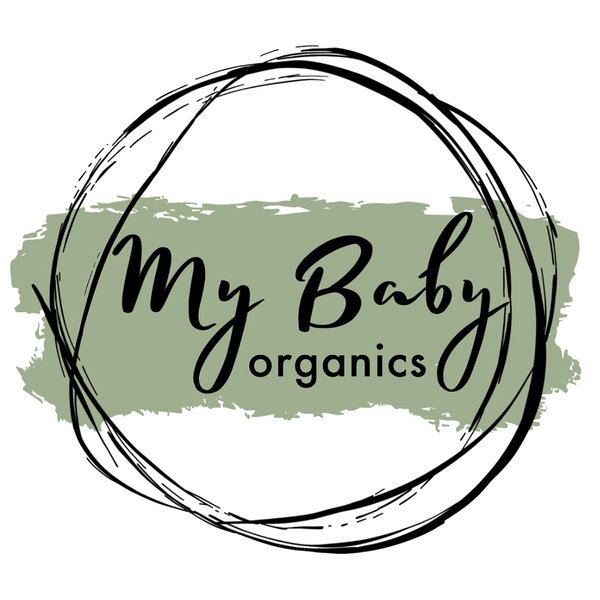A healthy plant-based diet may prevent some illnesses
Are you thinking of trying a plant-based diet but are worried about your protein intake? Or are you wanting to raise a plant-based child?
When it comes to protein, there are a number of plant-based sources which can be higher in protein than meat. When combined correctly, plant sources such as legumes, grains, soy, nuts and seeds can also provide all of the essential amino acids required in a healthy balanced diet.

Nutrition experts are increasingly advocating diets that have protein sources that come from plants over their animal counterparts, as there are a number of health issues associated with eating a heavy meat-based diet. A healthy plant-based diet may prevent some illnesses such as cancer, heart disease, diabetes and obesity. The benefit of eating a protein rich plant-based diet is that they are naturally cholesterol free and contain no trans fats.
You need to provide your body with a broad spectrum of amino acids, as well as vitamins, minerals, and antioxidants. Mix up your meals and snacks to include a variety of fruit and veggies, along with whole grains, pulses (beans, lentils, peas, chickpeas), nuts, and seeds.
I have outlined some healthy options/substitutes rich in protein that you will need to include into your everyday meals.
Vegetables
Lots of vegetables contain protein, especially dark leafy greens. Broccoli, kale, mushrooms and potatoes are all a good source. Potatoes are also high in potassium and vitamin C. Substitute that dollop of butter for some hummus for that extra protein hit.

Legumes (pulses) – Lentils & Chickpeas
Lentils are great to add to lunch or dinner. They can be added to stews, curries, salads, or rice to give that extra protein punch. Lentils can come in red or green and contain fibre, iron and potassium.
Chickpeas are also high in protein and are very versatile. They can be eaten hot or cold so the recipes are endless when you start looking. Hummus is an all time favourite and can be used as a substitute in many ways.

Grains - Quinoa
Quinoa is a grain with a high-protein content. It is also a complete protein, meaning it contains the nine essential amino acids that our body cannot produce on its own. Cooked quinoa contains 8g of protein per cup.
This grain is also rich in magnesium, iron, fibre and manganese. Quinoa can be substituted for pasta or rice. It can be the base of a salad or eaten as a main course.

Soy - Tofu
Soy products such as tofu, tempeh, and edamame are among the richest sources of protein in a plant-based diet. Plus, they contain good levels of calcium and iron.
Tofu is often used as a meat substitute. It takes on the flavour of the dish it is prepared in so that it can be a versatile addition to any meal.

Nuts – Peanuts & Almonds
Peanuts are full of protein and healthy fats, great for heart health. When choosing peanut butter, go for the 100% natural variety. This makes the traditional peanut butter sandwich a great protein snack.
Almonds offer 16.5g of protein per ½ cup. They also provide a good amount of vitamin E, which is great for the skin and eyes.

Seeds – Chia & Hemp
Chia seeds are another complete protein, plus they are full of fibre and healthy omega-3 fatty acids. They contain 2g of protein per tablespoon. Chia seeds are very versatile. Add them to smoothies, sprinkle on some coconut yoghurt or make a chia pudding (find the recipe in another blog)
Hemp seeds are also a complete protein. They offer 5g of protein per tablespoon. Many people consider hemp seeds to be a superfood. The seeds have a rich nutritional profile and provide a range of health benefits. You’ll find many recipes online using this wonderful seed.

Nutritional yeast
You can find nutritional yeast in most supermarkets and health food shops. It has a cheesy flavour, which makes it a popular ingredient in dishes like mashed potatoes, scrambled tofu and mixed through pasta.
Fortified nutritional yeast is also an excellent source of zinc, magnesium, copper and all the B vitamins, including vitamin B12. B12 is needed to help speed up reactions in your body, and deficiency can cause anaemia and nervous system damage. Not all types of nutritional yeast are fortified so be sure to check the label carefully.

Then of course you have protein in powder forms.
Protein Powder Supplement
Not all protein powders are plant-based. It depends on where the protein has be derived from. Please read the labels carefully.
It is always best to meet your daily nutrition needs through a variety of wholesome foods as mentioned above. However, protein powders are a great source of protein as a supplement to your diet. Once again, read the labels carefully as some protein supplements can be high in added sugar or sodium to improve taste.
Spirulina
Spirulina is a blue or green algae that contain around 8g of protein per 2 tablespoons. It is also rich in iron and B vitamins — although not vitamin B-12. Spirulina powder is excellent in smoothies for a boost of protein. Plus, the blue or green colours are a great way to experiment with colourful recipes.

Going plant-based will take some planning but it’s definitely worth it. I need to stress the importance of a nutritious, balanced diet. With the right protein rich food, you can have a plant-based lifestyle to support a healthy mind, body and soul.
Please consult a doctor or nutritionist to discuss your dietary requirements.

